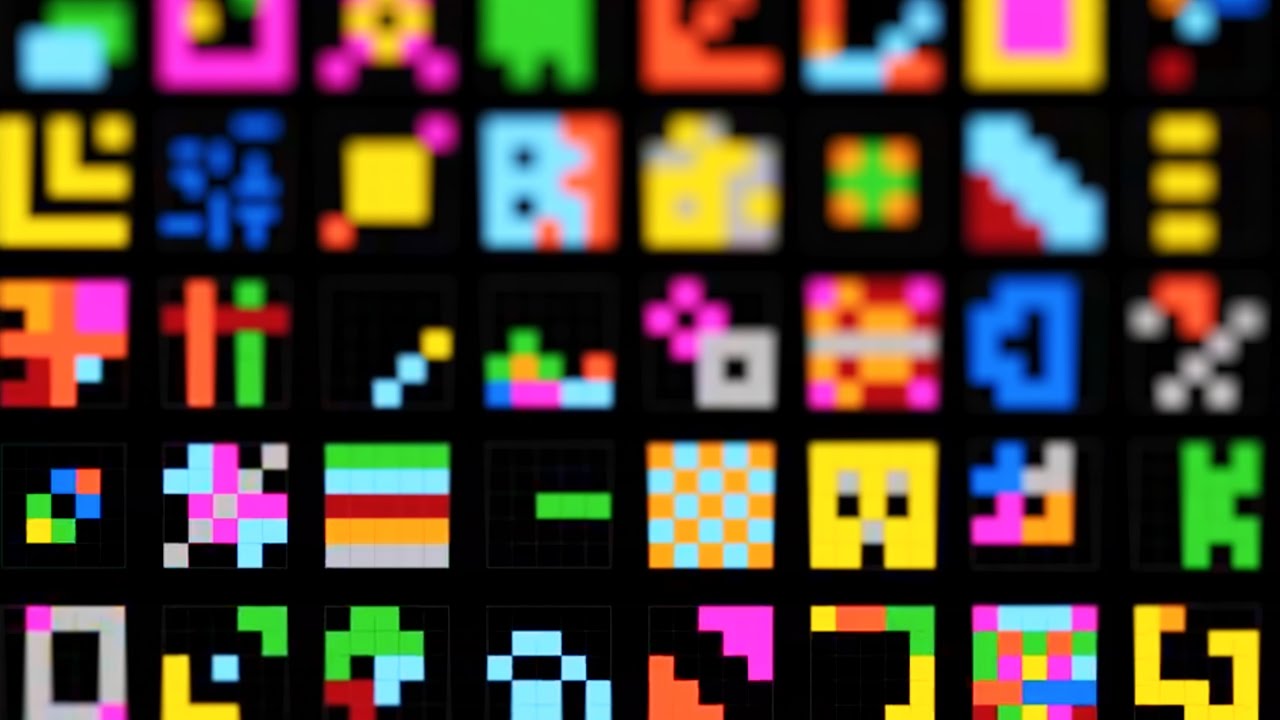In the video, the speaker discusses their team’s recent achievement of a 54.5% high score on the ARC (Abstraction and Reasoning Challenge) and emphasizes the importance of cognitive mechanisms like synthesis and abstraction generation in solving complex tasks. They express confidence in their approach to tackling ARC as a step towards artificial general intelligence (AGI) and invite viewers to engage with their research on intelligence in both humans and machines.
In the video, the speaker discusses their ambitious plan to tackle the ARC (Abstraction and Reasoning Challenge) as a foundational step towards achieving artificial general intelligence (AGI). They express optimism about their ability to solve ARC, emphasizing that intelligence involves adapting to new situations by creating models on the fly. This process relies on synthesizing existing knowledge and experiences into new frameworks, which can be applied to unique tasks, such as solving visual puzzles that require identifying transformations between grids.
The speaker highlights two critical cognitive mechanisms: synthesis and abstraction generation. Synthesis involves quickly assembling building blocks of knowledge to create a model that addresses the current task, while abstraction generation distills experiences and models into reusable concepts for future use. They note that the ARC challenge is particularly difficult for traditional machine learning approaches due to its few-shot learning nature and the complexity of tasks that require multiple iterative steps to reach a solution.
Recently, the speaker’s team achieved a new high score of 54.5% on the ARC challenge, marking a significant improvement. They mention a breakthrough that contributed to this score but refrain from sharing specific details. The speaker expresses confidence that they will continue to improve their score as the competition progresses, indicating a strong belief in their approach and methodology.
The discussion also touches on the nature of their solution and its alignment with the spirit of the ARC challenge. While acknowledging that their method may not align perfectly with the creator’s original vision, the speaker argues that the rules of the challenge should define its spirit. They believe that solving ARC could lead to valuable insights and advancements in AI, particularly if the solution can be generalized to other domains beyond the challenge itself.
Finally, the speaker reflects on the challenges of developing large language models (LLMs) and the resources required for such ambitious projects. They express a sense of urgency and curiosity driving their research efforts, despite feeling late to the field. The video concludes with an invitation for viewers to engage with their work and explore the complexities of intelligence in both humans and machines.
